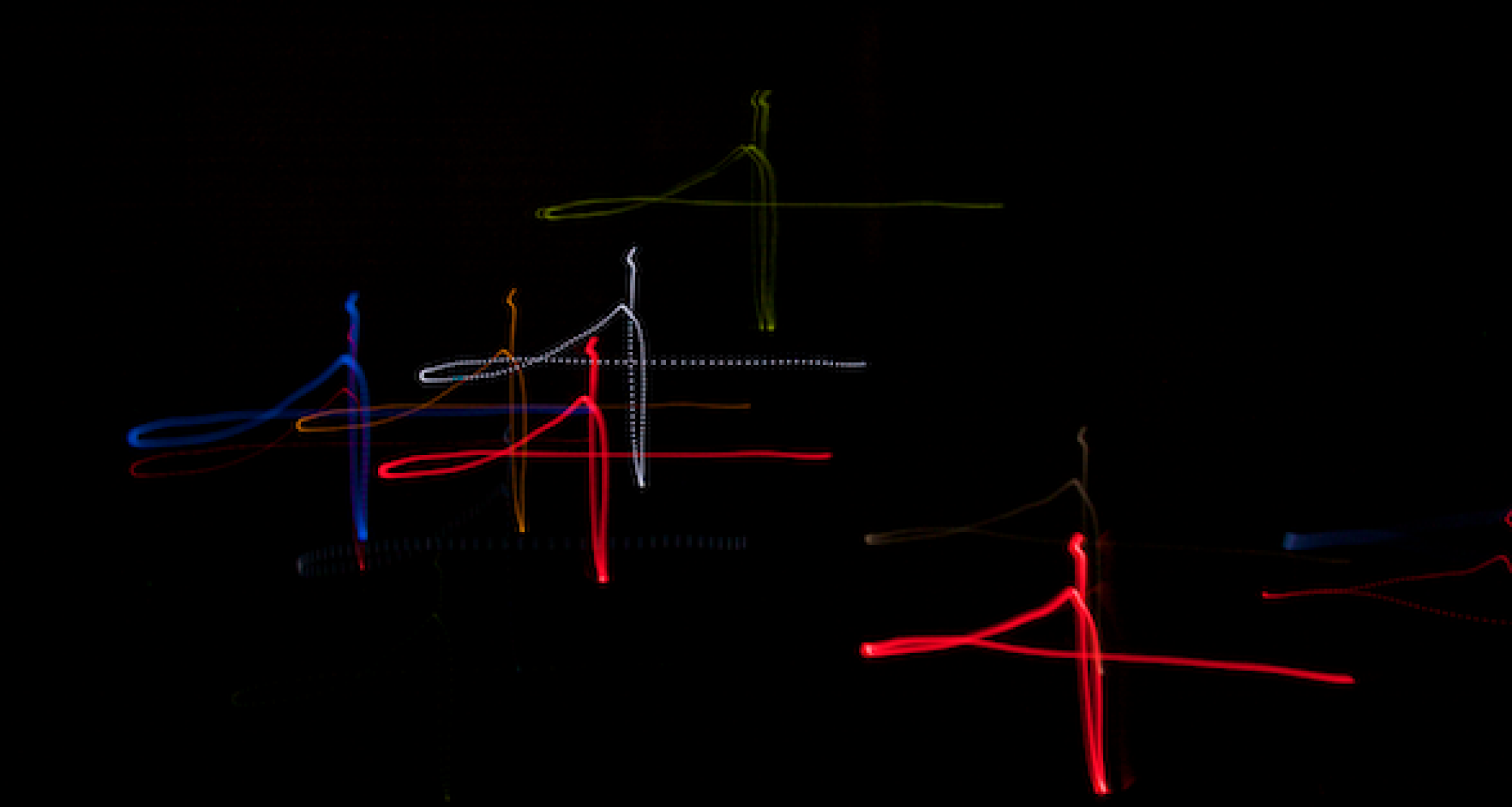In a world where social media reigns supreme, mental health has become a topic of both concern and fascination. We scroll through our feeds, bombarded with images of seemingly perfect lives, while behind the screen, the reality may be far from it. The representation of mental health in social media is a complex web of contradictions, where vulnerability and strength coexist.
On one hand, social media has provided a platform for individuals to share their struggles and find solace in a supportive community. Hashtags like #mentalhealthawareness and #selfcare have become rallying cries, encouraging open conversations and breaking down stigmas. It’s a powerful tool, allowing us to connect and empathize with others who may be facing similar battles.
But on the other hand, social media can also perpetuate unrealistic expectations and amplify feelings of inadequacy. The carefully curated highlight reels of others’ lives can leave us feeling inadequate and questioning our own worth. It’s a constant battle between comparison and self-acceptance, as we navigate the virtual landscape of likes and comments.
So how do we find balance in this digital age? It starts with recognizing that what we see on social media is just a glimpse into someone’s life, not the whole picture. It means being mindful of our own mental well-being and taking breaks when needed. And most importantly, it means fostering a culture of authenticity and support, where we can share our struggles without fear of judgment.
Let’s use the power of social media to uplift and inspire, to create a space where mental health is not just a trending topic, but a genuine concern for all. Together, we can redefine the narrative and ensure that our online interactions promote well-being, empathy, and understanding.
